Losing power can disrupt daily life in ways that aren’t always obvious, but being prepared and knowing what to do in the moment can make it much more manageable. These tips explore practical know-how and smart, simple habits to keep things running smoothly when the lights go out.
Unplug Electronics Before the Power Comes Back
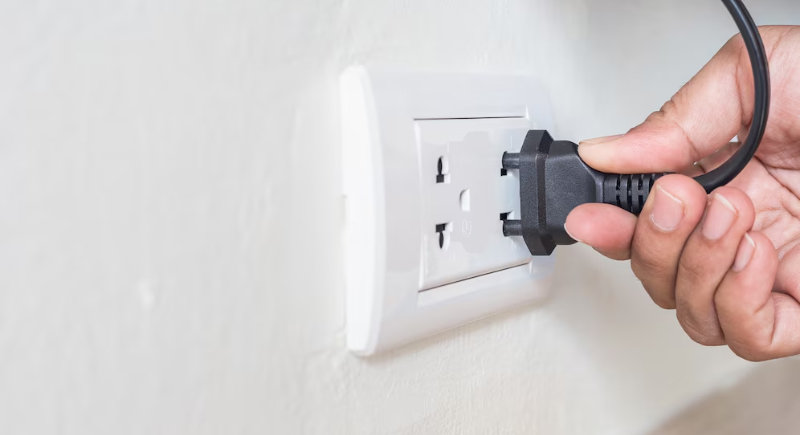
When electricity returns, it often brings unpredictable voltage spikes. These surges can fry TVs, computers, and appliances without warning. Unplug major electronics early in a blackout, and keep just one light switched on. That way, you’ll spot when power is restored without risking your expensive gear.
Skip the Candles and Stick to Flashlights
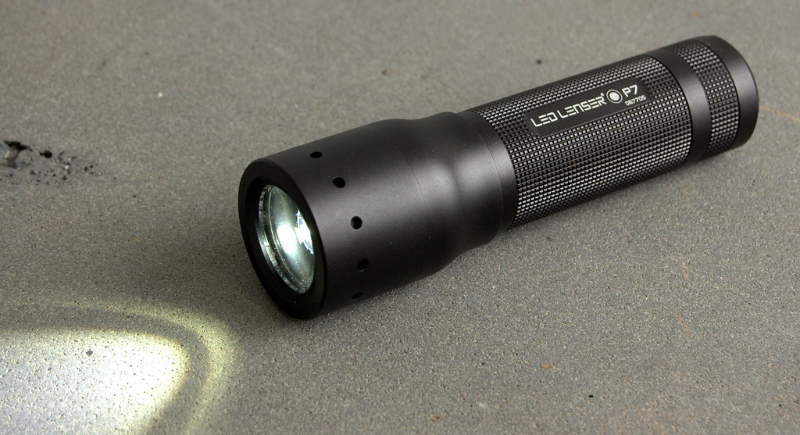
Candles might seem charming, but they come with a serious fire hazard. Flashlights and LED lanterns are not only safer but also brighter and longer-lasting. Make sure you’ve got one in each central room, and don’t forget to check the batteries. A headlamp can also be a game-changer if you need your hands free in the dark.
Fill the Bathtub While You Still Can
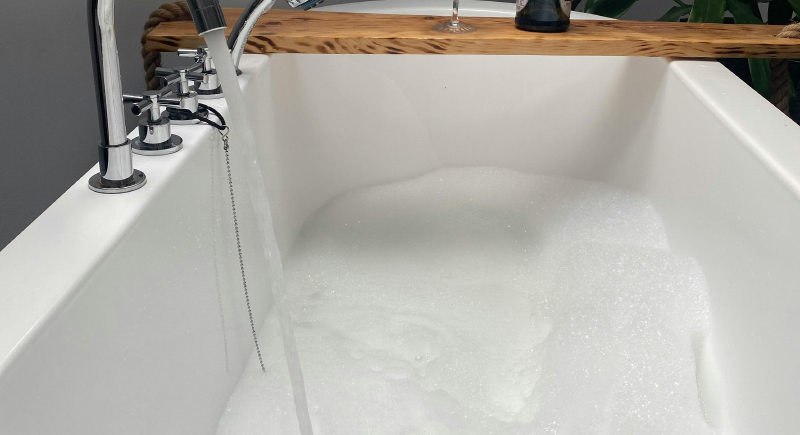
In extended outages, municipal water pressure may drop. It’s always a good idea to fill the tub before the power goes out, so you have a backup water source for flushing toilets and basic washing. If you don’t have enough tubs, a clean garbage bin or cooler can work just as well.
Make the Fridge a No-Go Zone
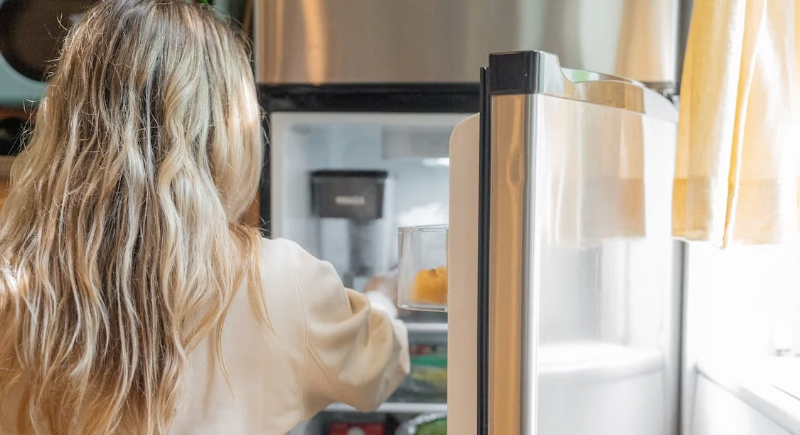
Opening the fridge door releases cold air quickly, so keep it closed as much as possible. In general, a fridge can keep food safe for about four hours during an outage, while a packed freezer can stay cold for up to 48 hours. If you do need to open it, be quick to minimize temperature loss.
Use Solar Lights Indoors at Night
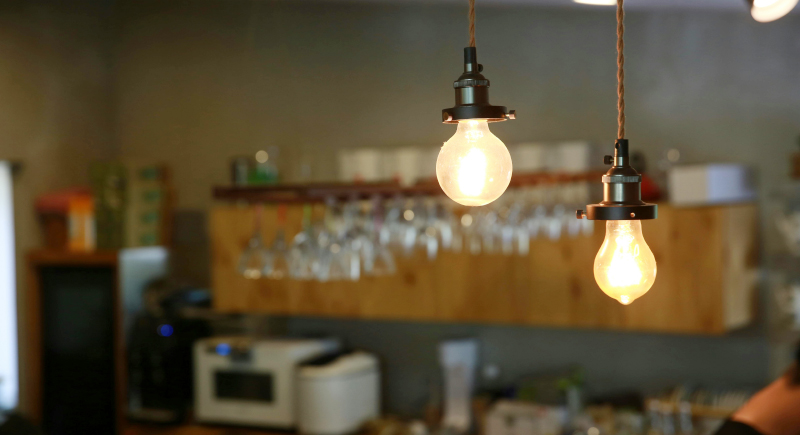
Outdoor solar lights can serve double duty during a blackout. Bring them inside at night to light up hallways or bathrooms. They recharge during the day and will last for hours indoors, giving you a light source while saving your flashlight batteries for when you need them.
Boil Water Ahead of Time
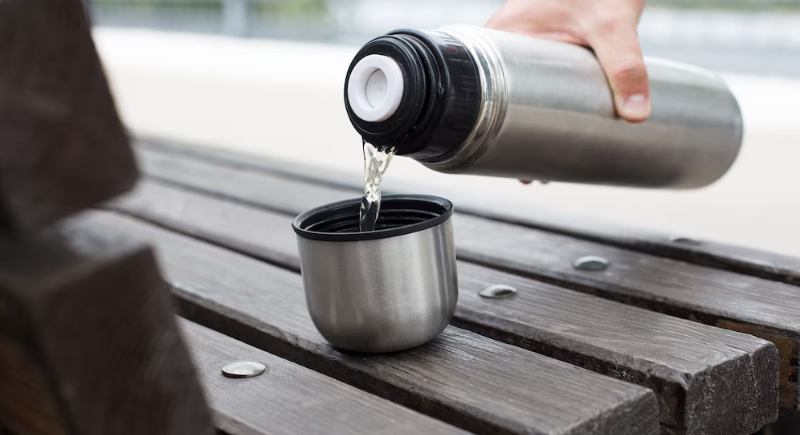
If you know a blackout is coming, boiling water in advance can be a huge help. Store it in thermoses or insulated containers to keep it warm. This simple prep can provide you with hot drinks or a warm compress when you can’t use the stove.
Charge Devices With Your Car
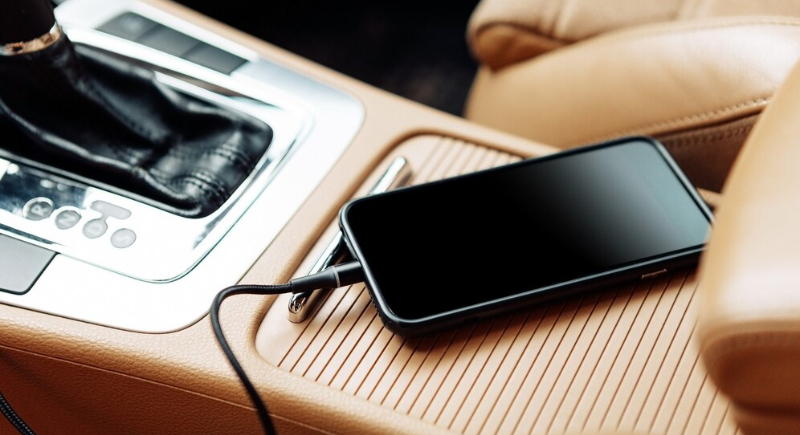
Your car can act as an emergency charging hub. Most vehicles can charge phones or tablets through USB ports. Just make sure to open the garage or ensure proper ventilation to avoid carbon monoxide buildup while charging inside.
Make a No-Cook Meal Kit
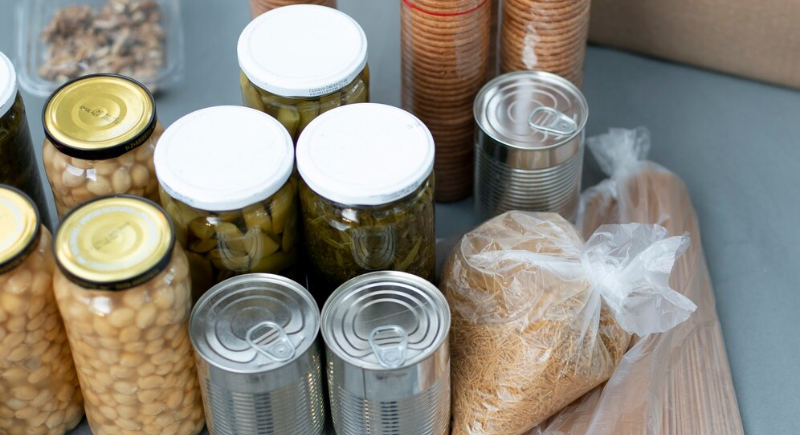
When you can’t cook, having a stash of no-cook meals is a lifesaver. Crackers, nut butters, canned goods, and granola bars are perfect options that require no heat. Don’t forget to keep a manual can opener nearby—those cans won’t open themselves!
Know How to Open the Garage Manually
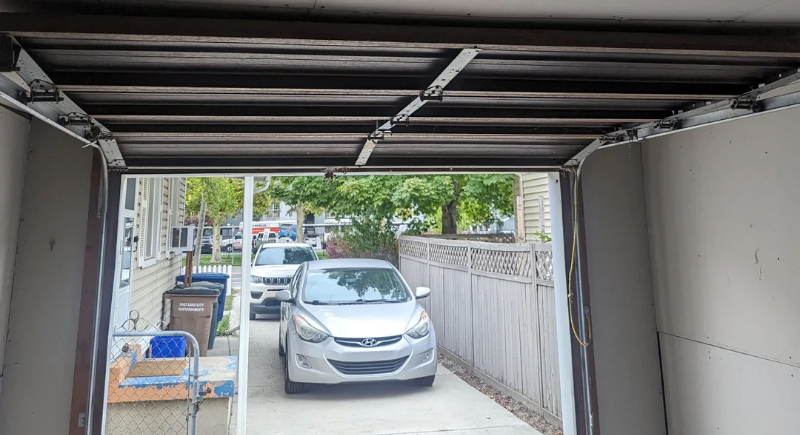
During a blackout, automatic garage doors will stop working. However, most garages have a manual release cord to open them by hand. It’s a good idea to familiarize yourself with how this works before you need it, just in case you need to leave or re-enter your garage.
Dress in Layers for Warmth

If it’s cold outside and the power’s out, temperatures can drop quickly indoors. Layering clothes helps trap body heat, keeping you warm. In addition, covering windows or closing off unused rooms can help retain warmth. Blankets and sleeping bags are also your friends—space heaters not so much.
Keep a Basic Radio Nearby
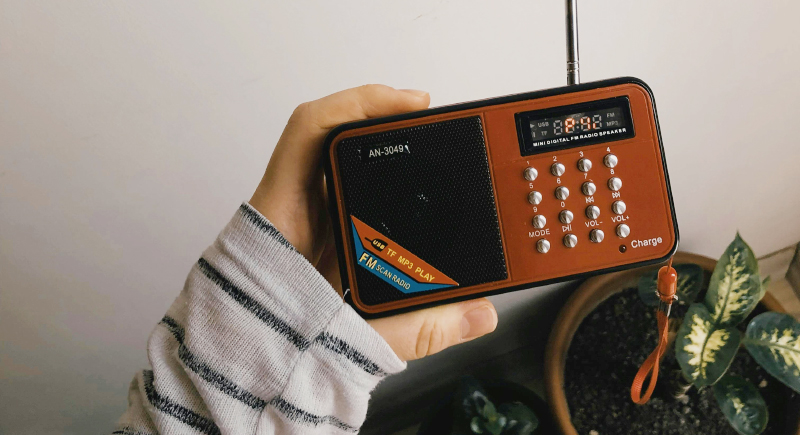
A battery-powered or hand-crank radio provides news updates if cell towers or internet services go down. This is especially useful during widespread outages caused by storms or disasters, when phone notifications may not come through consistently.
Use Outdoor-Only Equipment Outdoors
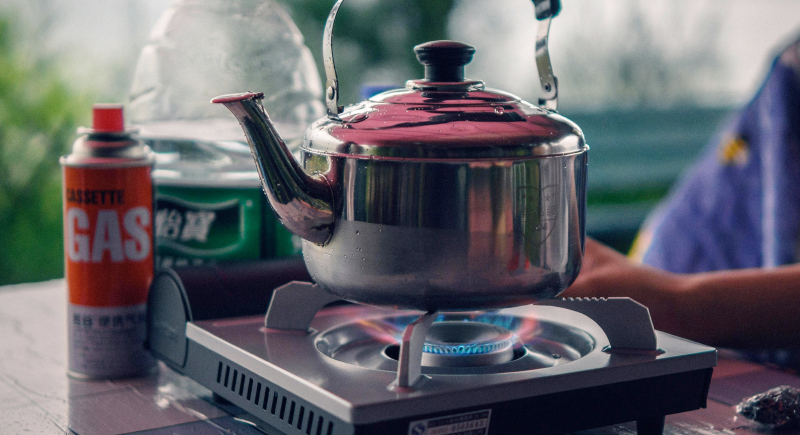
Grills, generators, and propane stoves are great for cooking during power outages—but never use them indoors. These devices can produce carbon monoxide, which is toxic in enclosed spaces. Set them up outside where they’re safe to use.
Refuel the Car When Possible
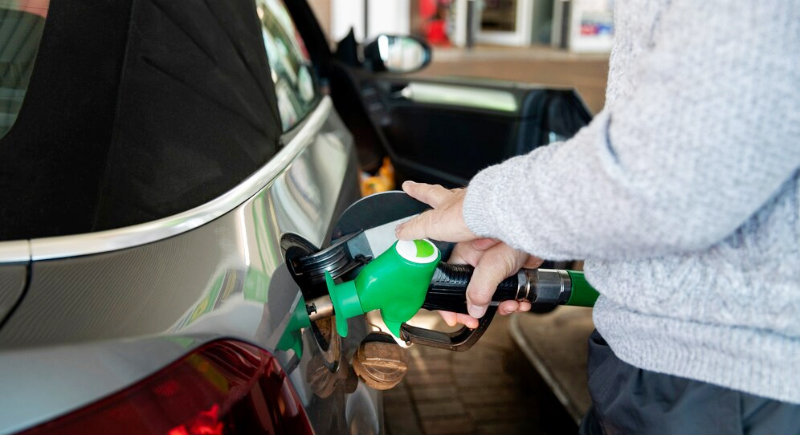
Gas pumps need electricity, so stations may be out of service during a major outage. Keeping the car at least half full provides more flexibility if there’s a need to drive somewhere with power or charge devices using the vehicle.
Sign Up for Alerts From Utility Companies

Many energy providers offer outage updates via text, apps, or automated calls. Signing up for these alerts ahead of time can keep you informed about power restoration efforts and any available support for medical needs during widespread blackouts.